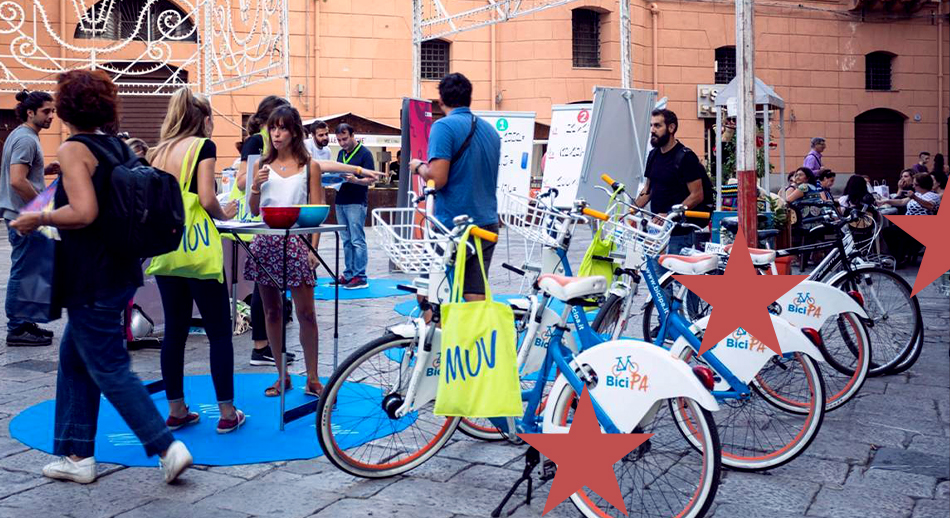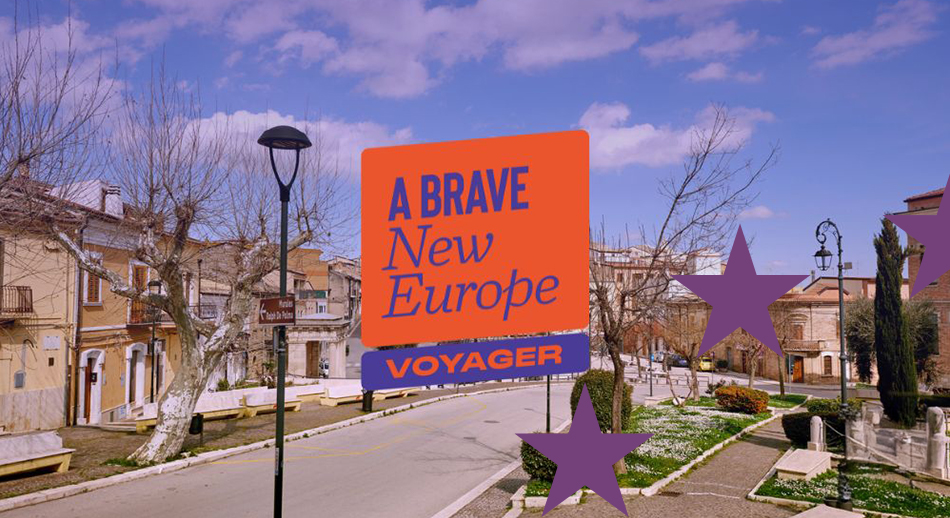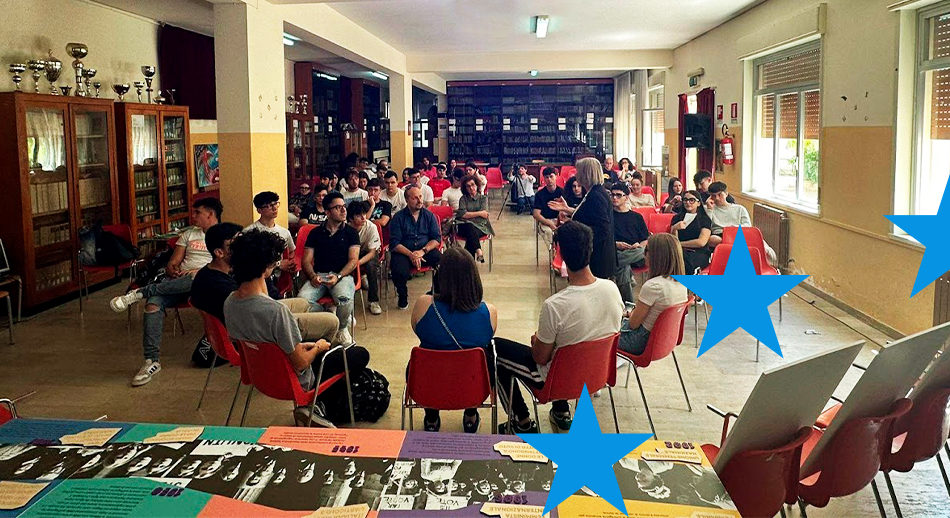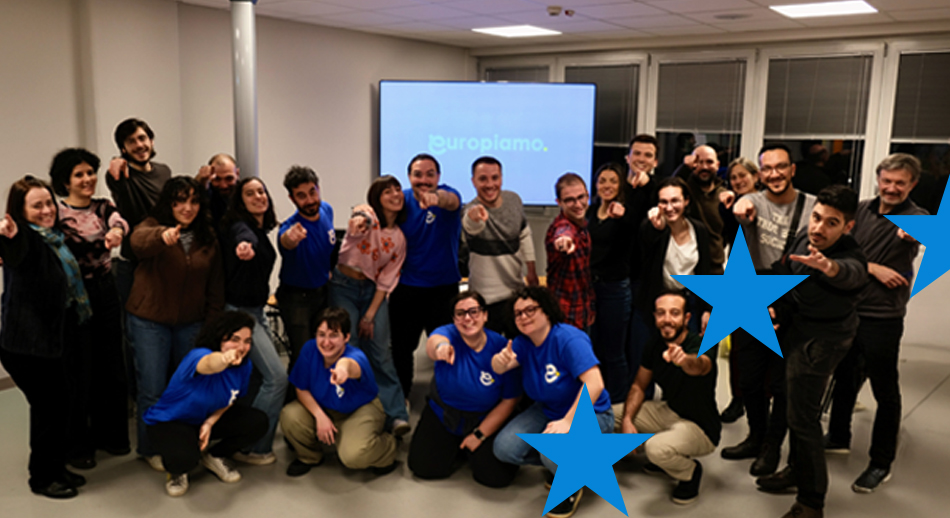We delve into the “history” of the MUV project and the PUSH lab with an interview with Domenico Schillaci.
The interview with Domenico Schillaci
European is the first Europlanning Guide podcast series, available with one episode per week on all free audio platforms. Each episode is devoted to a place, a city, local, neighborhood dimension and its path to fit into the broader European context starting with common needs and innovative ways to cope with them.
Domenico Schillaci tells us about his path and experience in EU projects and funding.
Through what path did you approach European funds and europlanning?
In 2012, after graduating from Milan Polytechnic with a degree in engineering, I had the opportunity to return to my hometown, and with friends and colleagues I founded PUSH, a research laboratory for social innovation and sustainability. The idea was to create a small independent center that would function like the interdisciplinary department of a university and be able to obtain the necessary funding to design and develop ideas that would have a positive impact on the local organisations. It was then that my partners and I began to approach the topic of European design and some of its programs.
What European fund lines have you had the opportunity to work on and with what results?
We have chosen to focus on the direct funds and having a background as a researcher over the years we have mainly dealt with the Horizon framework (Horizon 2020 and Horizon Europe ). In 2017 we coordinated the partnership related to the MUV2020 project that was funded through Research and Innovation Action MG-4.5-2016 (Grant agreement ID: 723521). Over the years we have also gained experience on other programs, such as Erasmus+ , LIFE o UIA .
What are the main difficulties you encounter in submitting projects?
Our biggest difficulty is due to the fact that we are a small organization, so embarking on writing a Horizon proposal requires a lot of time and resources. The lead time between delivery to the start of the eventual project can also be risky at times because funding cycles need to be followed, which does not allow for long-term planning for the future or investment in personnel.
What is most helpful to you when preparing European projects?
Read all documentation carefully so that you are clear about the objectives, expected results, and features of the call. Then it is important to identify some key partners to be involved from the start and engage with them to build the skeleton of the proposal. Finally, establish in a clear and shared way tasks, deadlines, and ways of updating for all partners, so that they can work asynchronously and with serenity without the risk of having to make mad sprints close to the deadline losing focus and lucidity as a result.
What would you recommend to people who want to submit a project with European funds?
I recommend finding the call best suited to fund your project; identifying partners with the missing skills so that you have a team that can deal with all aspects of the project; and thinking early on about what you want to do once the project is finished. European funds can act as a springboard to be able to start research or experiment with an innovative solution, but once they are finished, you need to be able to move on and make sure that you do not dissipate what good has been done.




